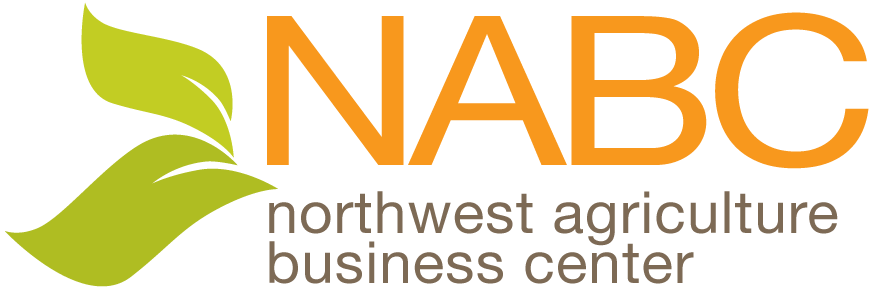Food and climate impacts
As we develop a regional food network we are considering the needs of the market, the food chain, the region’s comunities, and the environment. The best scenario is that we can find solutions that benefit all.
Part of our considerations involve how to increase regional food production while keeping a eye on climate impacts. Some of the best research around climate friendly production practices is right here in state, at WSU’s Center for Sustainable Agriculture and Natural Resources. Some of the best climate friendly food research is happening in England as part of the Food Climate Research Network.
FCRN has just posted a very intriguing powerpoint presentation that summarizes many of the issues involved with the intersection of food and climate change. You can download the ppt file from their home page or from this link.
If your in to this stuff, make sure to take a look at the whole presentation. However, if you like quick factoids, a blunt summary of the presentation is this:
- We need food.
- Food contributes a lot of emissions to the atmosphere.
- Not all food contributes the same.
- Emissions vary by product category (dairy, meat, vegetables, sweeteners, etc.).
- By 2050 we will have an estimated 50% more people on this planet looking for food (9 billion, from today’s 6 billion) so emission reductions per product or per person may only result in keeping total emissions at current levels, which science says needs to be lower.
- Different nations eat different foods and emit different types and quantities of emissions.
- There are different emission reductions to be made from different products for different people.
One of the last slides involves “Implications for sustainable agriculture”:
- Sustainable agriculture only makes sense in the context of sustainable consumption and nutritional needs
- Not just how we grow or rear it but what we choose to grow or rear
- And how it links with our basic need for nutritious food
Our task, if we choose to accept it, is to grow our regional food network with products that our markets need, that are profitable to our producers, and that consider the future of our planet and it’s people.
Would love to hear your comments about this work.
Thanks,
Tim
